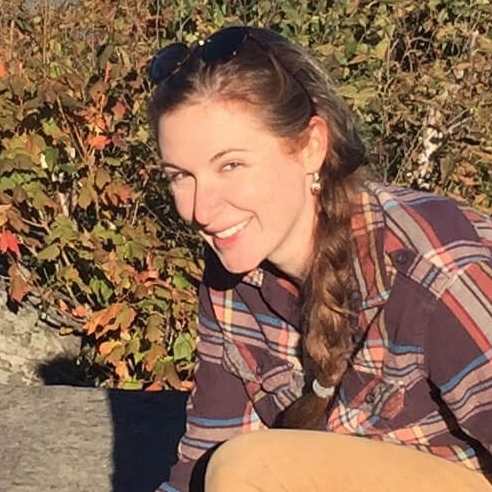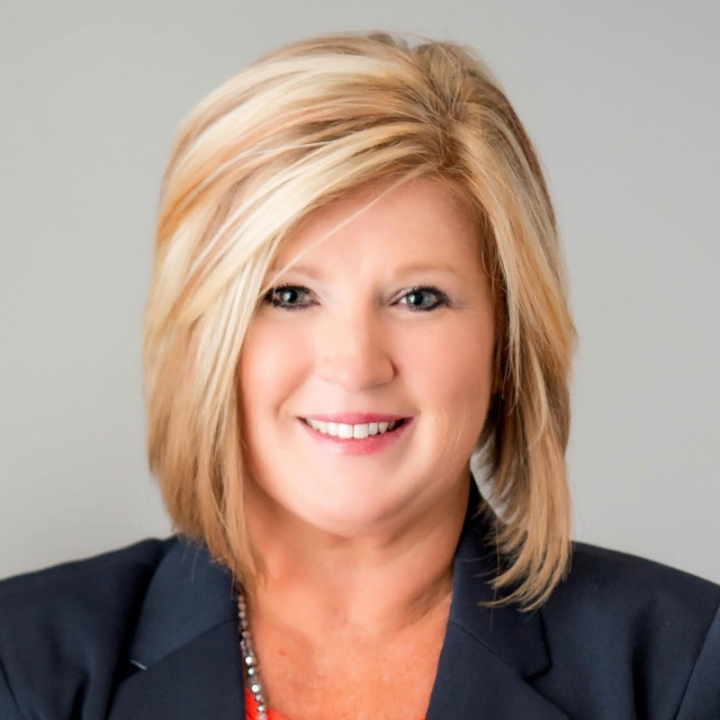Gabbard introduced the Ending Federal Marijuana Prohibition Act of 2019, which would limit the application of Federal laws to the distribution and consumption of marijuana and would remove marijuana from the list of Schedule l substances under the Controlled Substances Act.
Gabbard cosponsored the VA Medical Cannabis Research Act of 2019 to direct the Secretary of Veteran Affairs to carry out a clinical trial of the effects of cannabis on certain health outcomes of adults with chronic pain and post-traumatic stress disorder.
Gabbard co-introduced the Opioid Crisis Accountability Act of 2019, which would prohibit the illegal marketing and distribution of opioids, would create criminal liability for top company executives, would penalize drug manufacturers who illegally advertise, market, or distribute an opioid product, and would require drug makers to reimburse the country for the negative economic impact of their drugs.
Gabbard cosponsored the Marijuana Justice Act of 2019, which would economically punish states that do not legalize cannabis and continue to incarcerate or arrest people for cannabis-related offenses.
Gabbard would remove marijuana-related convictions from “otherwise law-abiding Americans.”
In 2017, Gabbard signed onto a letter to Eric Hargan, Acting Secretary at the time for the U.S. Department of Health and Human Services urging the department to allow research of medical marijuana as a pain management alternative to opioids.
When asked by an audience member at a 2019 CNN Town Hall event if Gabbard would decriminalize all drugs, Gabbard responded by saying that after with meeting with a group of men living in a substance use recovery facility in New Hampshire, she was “impressed by their strength and their resilience,” that we need to end the failed war on drugs, that she feels it is important to identify the root causes of addiction, and discussed her introduction of the Ending the Federal Marijuana Prohibition Act of 2019. CNN host ____ then asked for further detail saying, “So Congresswoman, you’re talking a lot about marijuana, but where do you draw the line on decriminalization, because one of the questions was about all drugs. What do you think about that?” Gabbard replied, “I think that the heart of her question was really recognizing that this is about addiction, not criminalization. Our failed war on drugs has turned everyday Americans who are struggling with substance abuse and addiction and turned them into criminals.” Gabbard did not provide an answer regarding the legalization of all substances.
“As the opioid epidemic continues to ravage communities across the country, we must pursue every available path to prevent, treat, and ultimately end America’s reliance on these highly addictive drugs… With the Ending Federal Marijuana Prohibition Act, we can begin to rectify decades of misguided law enforcement policy and focus on solutions. We can work for people like veterans and healthcare advocates instead of pharmaceutical lobbyists who will continue to push dangerous and addictive painkillers even amidst an opioid epidemic. Ending Federal Marijuana Prohibition is the best way forward for our criminal justice and healthcare systems.”
“We must end this failed war on drugs. I introduced bipartisan legislation that would end the federal prohibition on marijuana. This will have a great impact on the opioid crisis. In states where marijuana is legalized, we have seen a drop in opioid addiction, and a drop in opioid-related deaths. This will have an impact on our economy in so many different ways, as well as taking a huge bite out of our broken criminal justice system, where far too many nonviolent drug offenders are wasting away.”
“The fact that marijuana’s still a Schedule I drug is unacceptable in the harm that it is causing to the people of our country and to taxpayers as well. The impact this has on individuals, potentially leading to criminal records that impact them, their families, their ability to get a job, housing, financial aid for college–the impacts of this are great. That’s not to speak of the impact on states, small businesses and banks in those states that have legalized some level of marijuana.”
“I believe firmly in every person’s freedom to make their own choices, and that people should not be thrown in jail and incarcerated or made into criminals for choosing to smoke marijuana whether it be for medicinal and non-medicinal purposes.”
Read More
CNN Presidential Town Hall with Rep. Tulsi Gabbard
March 10, 2019 | CNN
End the failed war on drugs
Tulsi Gabbard campaign website, 2019
H.R.1588 – Ending Federal Marijuana Prohibition Act of 2019
March 7, 2019 | U.S. Congress website
Letter to Acting Secretary of the Department of Health and Human Services
Eric D. Hargan | December 5, 2017






